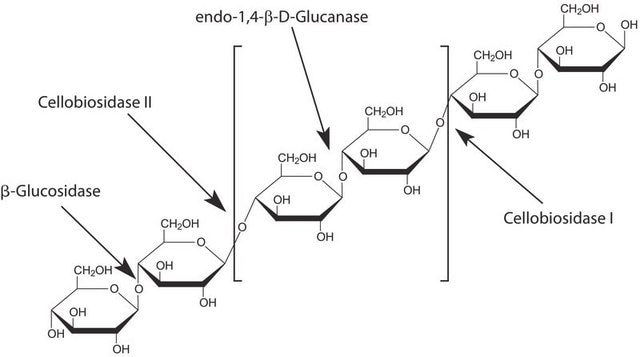C1794
Cellulase from Trichoderma sp.
BioReagent, suitable for plant cell culture, 3-10 units/mg solid
Sinónimos:
β-1,4-glucanase
About This Item
Productos recomendados
biological source
fungus (Trichoderma sp.)
product line
BioReagent
form
powder
specific activity
3-10 units/mg solid
contains
maltodextrin
greener alternative product characteristics
Design for Energy Efficiency
Learn more about the Principles of Green Chemistry.
sustainability
Greener Alternative Product
technique(s)
cell culture | plant: suitable
application(s)
agriculture
greener alternative category
, Enabling
storage temp.
2-8°C
¿Está buscando productos similares? Visita Guía de comparación de productos
General description
Application
Unit Definition
substrate
signalword
Danger
hcodes
Hazard Classifications
Resp. Sens. 1
Storage Class
11 - Combustible Solids
wgk_germany
WGK 1
flash_point_f
Not applicable
flash_point_c
Not applicable
ppe
dust mask type N95 (US), Eyeshields, Faceshields, Gloves
Certificados de análisis (COA)
Busque Certificados de análisis (COA) introduciendo el número de lote del producto. Los números de lote se encuentran en la etiqueta del producto después de las palabras «Lot» o «Batch»
¿Ya tiene este producto?
Encuentre la documentación para los productos que ha comprado recientemente en la Biblioteca de documentos.
Los clientes también vieron
Protocolos
To standardize an enzymatic assay procedure of cellulase.
Nuestro equipo de científicos tiene experiencia en todas las áreas de investigación: Ciencias de la vida, Ciencia de los materiales, Síntesis química, Cromatografía, Analítica y muchas otras.
Póngase en contacto con el Servicio técnico








